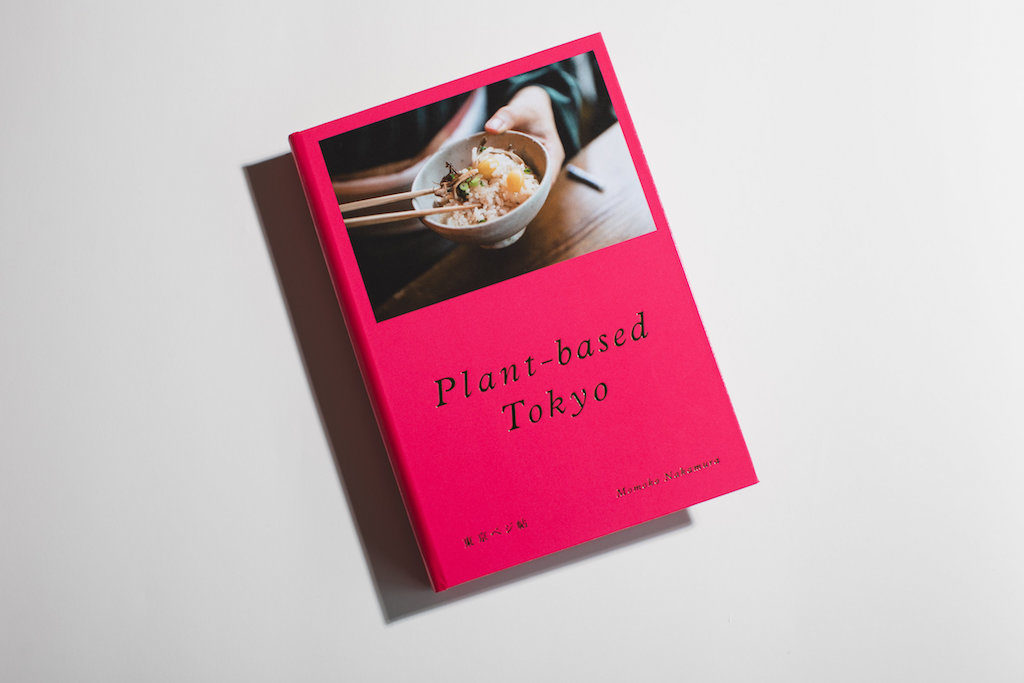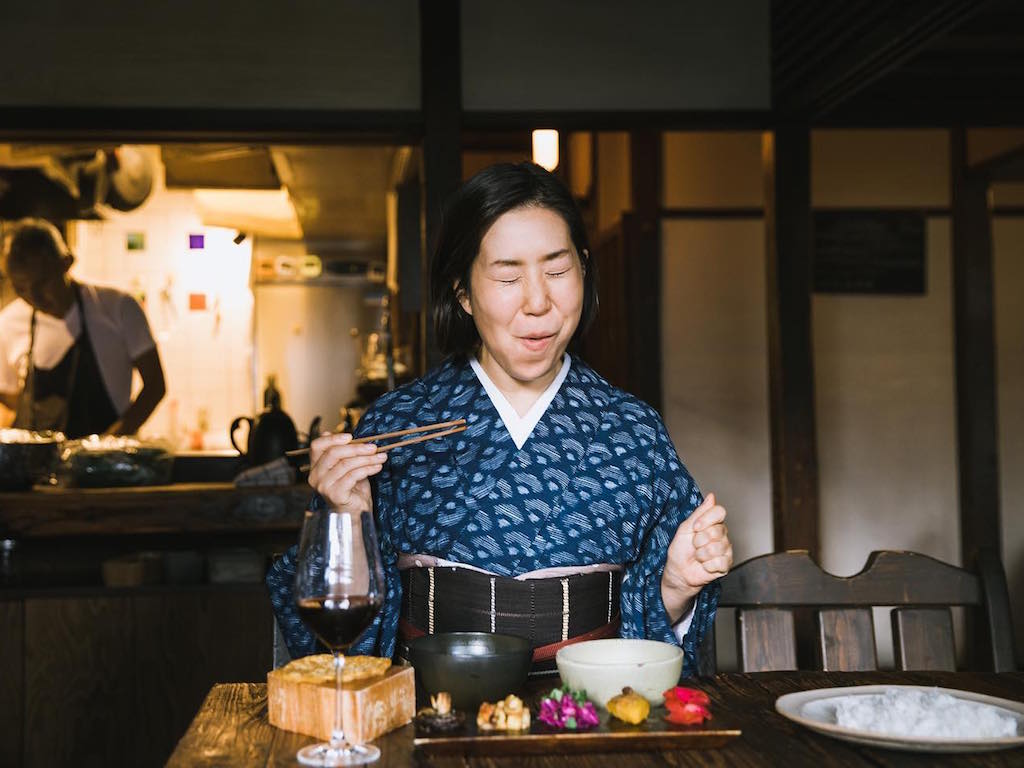INTERVIEW: Rice Girl Momoko Nakamura On Her New Plant-Based Tokyo Book & Why The World Needs ‘Better Rice’
5 Mins Read
We recently had the opportunity to interview Momoko Nakamura – more famously known as Rice Girl – the popular Japanese author, food television producer and advocate for healthy living. Momoko just launched her new book, PLANT-BASED TOKYO, a bilingual guide on where to eat plant-based, featuring a series of profiles and stories in the F&B scene of Japan’s bustling capital. Below we chat to Momoko about her planet-friendly and health journey, historical rice farming practices in Japan, rediscovering tradition and nature, and what we should all be doing for a greener world.
GQ: Just to give our readers some insight into your new book, could you summarise what it is about and what inspired you to begin this project?
MN: As the name suggests, my book is an English / Japanese bilingual guide about where to eat plant-based in Tokyo! While it is partly a guide book, it is also a series of profiles, telling the story of the featured chefs. The internet is vibrant with information about basic restaurant details, but we wanted to leave something on paper that dived into the stories of each chef so that even if their restaurant no longer existed a decade later, you would be moved to investigate what they have gotten up to by then. The next-generation chefs, whose stories unfold in this book, take a uniquely Japanese approach to plant-based cooking. They identify methods best aligned with the traditional Japanese micro-seasonal calendar, and incorporate local aromatics and fermented ingredients. Japanese plant-based cuisine is special because it comes from a long culinary history of vegan and vegetarian diets, and learnings passed down from grandmother’s kitchens.
I was inspired to start this project because the time is now to incorporate plant-based into our lives. To me, “plant-based” doesn’t necessarily mean vegan, it simply means living toxin-free and in alignment with your local terroir and nature. It is a lifestyle choice, not an eating restriction. It is about remembering that plant-based decisions are environmentally responsible and preserves a history of Japanese culture of eating vegetable-centric and fermented dishes.

GQ: It is pretty special for a plant-based guide to be bilingual. Was there a particular audience you were trying to reach?
MN: It’s not often that you’ll find a multi-linguist in Japan. But English is a global language, so I didn’t think twice about doing it another way. It presented an opportunity for Japanese people to remember the depth of our food history, and for non-Japanese to familiarise themselves with the innately plant-based history of Japanese cuisine.
GQ: We love the handle you have adopted – Rice Girl. What is the story behind it?
MN: I used to be a television producer of food shows, so I have always been telling food stories. So when I started realigning with traditional Japanese natural farming practices, it was important for me to not only share with others the numbers or data, but to tell a personal story. As much as Japanese people love rice, unless they take an interest in me and remember me, it’s hard to share my message. So introduce myself as Rice Girl to farmers, friends and customers!
GQ: Why should everyone be eating better rice?
MN: “Better rice” means that it has been farmed using traditional natural farming practices, free of pesticides, fertilisers and herbicides, and using live chemical-free seeds. When rice is cared for, it is not only kind to the planet and our bodies, but it is simply delicious too. Rice is also one of the top three staple foods in the world, so to care about everyday rice is going to make a positive social impact.
GQ: As a woman leader, what do you believe is an issue that younger girls face, and how would you advise them?
MN: Oh goodness! I guess what I’ve slowly learned over the years is to make decisions based on what celebrates my strengths. Nothing needs to be an uphill battle – nestling up to our unique qualities can make a big difference! You are you, and I am me. So we don’t need to be standing on the same stage, we each have our own to shine and be 100% ourselves.
GQ: If you could pick one action that people would adopt daily, what would it be?
MN: Choose chemical-free foods. It will help support a healthier food system, earth, and body.
GQ: What do you think is the most urgent issue facing the planet today, besides our food system?
MN: Throw-away culture. I wear Japanese clothes (kimono and yutaka) into my daily options because they are the most sustainable wear – I can wear the same piece now, when I am 90 years old, and pass it down to my children, my grandchildren. Traditional Japanese are made with quality material and it suits the human body, warming certain areas of the body and relaxing others. A chef told me that people today are purchasing functionality, and not objects. The meaning behind it is that we are no longer attaching value to the object beyond the function it serves, so we easily toss it.
GQ: What is your ultimate goal as The Rice Girl?
MN: For consumers to understand the food options that are out there. To be motivated to be discerning about their food decisions, and to see that the Japanese countryside is truly a hotbed for beautiful agriculture and fermented foods.
GQ: We usually ask our interviewees whether they are team rice or noodles, but we think we know where you stand! So, what is your favourite rice dish?
MN: Simple donabé steamed brown rice with a little bit of okogé at the bottom. And I like noodles too! I like all grains!
All images courtesy of Waki Hamatsu / The Rice Girl.




